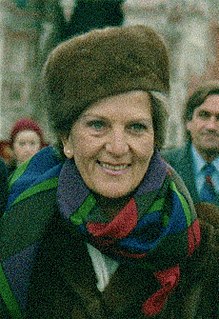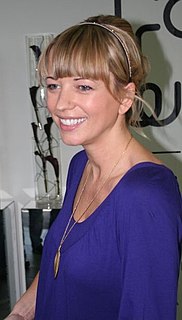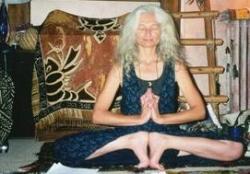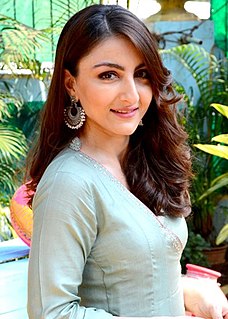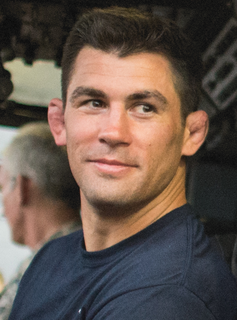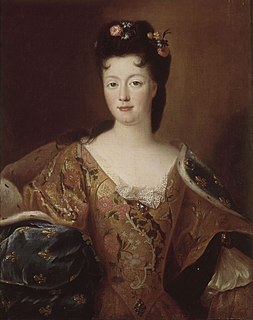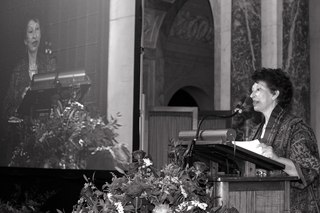A Quote by Rachel Hunter
Like lots of women who marry young and find themselves mothers by the time they're 25, I felt I no longer had an identity.
Related Quotes
I feel like I spent so much time trying to understand my identity and my identity as an artist. But when all is said and done, at this age, I feel the most like I felt when I was 11. And all those talents I had when I was 11 and 12 - I'm letting them sort of happen again. I can't speak for men, but for women - we go back to a kind of pre-adolescent state when we were superfree and supercool.
Generations of women have sacrificed their lives to become their mothers. But we do not have that luxury any more. The world has changed too much to let us have the lives our mothers had. And we can no longer afford the guilt we feel at not being our mothers. We cannot afford any guilt that pulls us back to the past. We have to grow up, whether we want to or not. We have to stop blaming men and mothers and seize every second of our lives with passion. We can no longer afford to waste our creativity. We cannot afford spiritual laziness.
Some people warned me against getting married soon. They said your career will end if you do. I felt I wanted to marry Siddharth (Roy Kapur) and I went ahead and married him. And I guess he felt like he wanted to marry me, so we are married today. If I hadn’t felt it for the next ten years probably I wouldn’t have got married. There is no right time. There’s never a right time.
I think that women of my generation have had a real need to form networks and friendships because it's been, as they say, a man's world, and women have felt excluded and isolated to a large degree. When women get together in numbers their strength compounds and is seen and felt by themselves and others.
To understand the fanatic rejection of women's liberation in the Muslim world, one has to take into account the time factor. Most of us educated women have illiterate mothers. The conservative wave against women in the Muslim world is a defense mechanism against profound changes in both sex roles and the touchy subject of sexual identity.
I was raised in Harlem. I never found a book that took place in Harlem. I never had a church like mine in a book. I never had people like the people I knew. People who could not find their lives in books and celebrated felt bad about themselves. I needed to write to include the lives of these young people.






